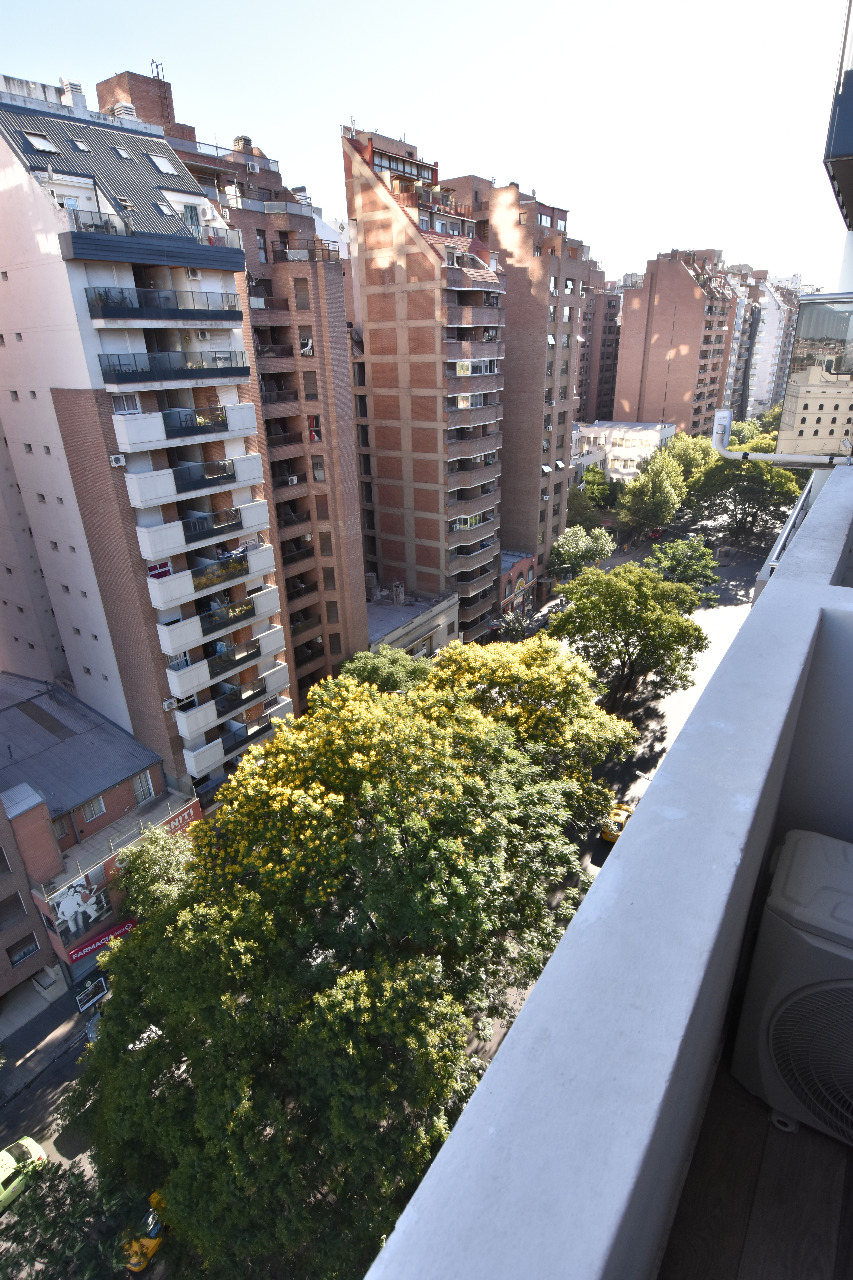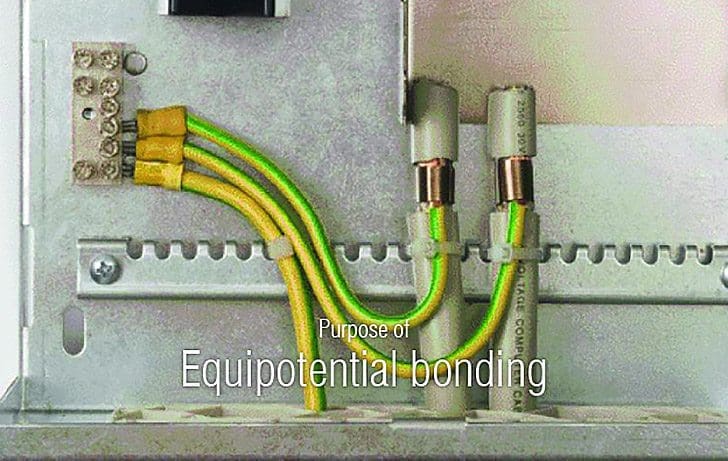

- HVAC TRMINAL EQUIPMENT DEFINITION HOW TO
- HVAC TRMINAL EQUIPMENT DEFINITION MANUALS
- HVAC TRMINAL EQUIPMENT DEFINITION CODE
- HVAC TRMINAL EQUIPMENT DEFINITION FREE
In many cases, this activity will be expanded to include analysis of comprehensive energy models.
HVAC TRMINAL EQUIPMENT DEFINITION MANUALS
A good MER will understand the requirements published in equipment installation manuals and focus on providing prescribed minimum service and operating considerations in the planning of a facility layout.īefore any equipment selections can be finalized, the MER will need to perform a thermal load calculation for the developing facility based on internal and external influencing factors. Operations and Maintenance: No matter what level of system complexity is applied, it is imperative that suitable space be made available for equipment without compromising performance or maintenance access.
HVAC TRMINAL EQUIPMENT DEFINITION HOW TO
The best of design solutions aren't much good if operators do not understand how to correctly operate or control the equipment.
HVAC TRMINAL EQUIPMENT DEFINITION CODE
Financial Focus: Will the project be a code minimum type facility or will total ownership cost perspectives be considered that balance capital first costs against long-term ownership and operating costs?.A few critical issues that need to be considered early are: It is important for the MER to be involved early in the project, even as early as the programming stage, so that mechanical system space issues and facility energy budgets can be evaluated and integrated into the design process before building construction elements, configurations, and orientations are finalized (see also WBDG High-Performance HVAC). Effectiveness-the process of achieving the desired thermal energy transfer, humidity control, filtration, and delivery of ventilation air to the breathing zone of the occupied space in accordance with required needs.Ventilating-the process of providing suitable quantities of fresh outside air for maintaining air quality and building pressurization.Cleaning-the process of removing particulate and bio-contaminants from the conditioned space.Dehumidifying-the removal of water vapor to maintain space or process moisture content.Humidifying-the addition of water vapor to maintain space or process moisture content.Cooling-the removal of thermal energy to maintain space or process conditions in response to thermal heat gain.Heating-the addition of thermal energy to maintain space or process conditions in response to thermal heat loss.ASHRAE offers the current vision of the MER's stewardship responsibilities: to improve the quality of life by helping keep indoor environments comfortable and productive by helping to deliver healthy food to consumers and by helping to preserve the outdoor environment.Īs part of a holistic controlled environment design solution, the MER is responsible for addressing seven major processes. Roles have expanded, though, to address more modern quality of life issues. Today's HVAC&R engineer, or mechanical engineer of record (MER), continues to be a steward of the basic discipline issues identified by Mr. Though he did not actually invent air-conditioning nor did he take the first documented scientific approach to applying it, Willis Carrier is credited with integrating the scientific method, engineering, and business of this developing technology and creating the industry we know today as air-conditioning. (Source: Nagengast, B., 1999, "Early Twentieth Century Air-Conditioning Engineering", ASHRAE Journal, March (p.55) To combine all the above desiderata in an apparatus that will not be commercially prohibitive in first cost or cost of maintenance.To either heat the rooms in winter or to help heat them.To efficiently cool the air of the rooms during certain seasons.
HVAC TRMINAL EQUIPMENT DEFINITION FREE

The Original Definition of Air-Conditioning Wilson developed the first holistic definition of what air-conditioning encompasses. Cramer, a textile engineer in North Carolina, is credited with coining the phrase "air-conditioning" in 1906.

The modern day definition of air-conditioning was created in the early 20th century based on the vision and works of Hermann Rietschel, Alfred Wolff, Stuart Cramer, and Willis Carrier.


 0 kommentar(er)
0 kommentar(er)
